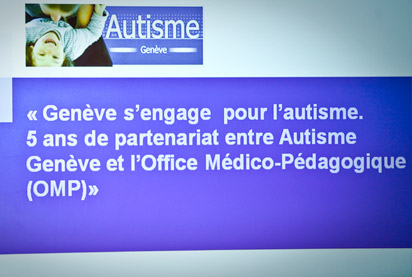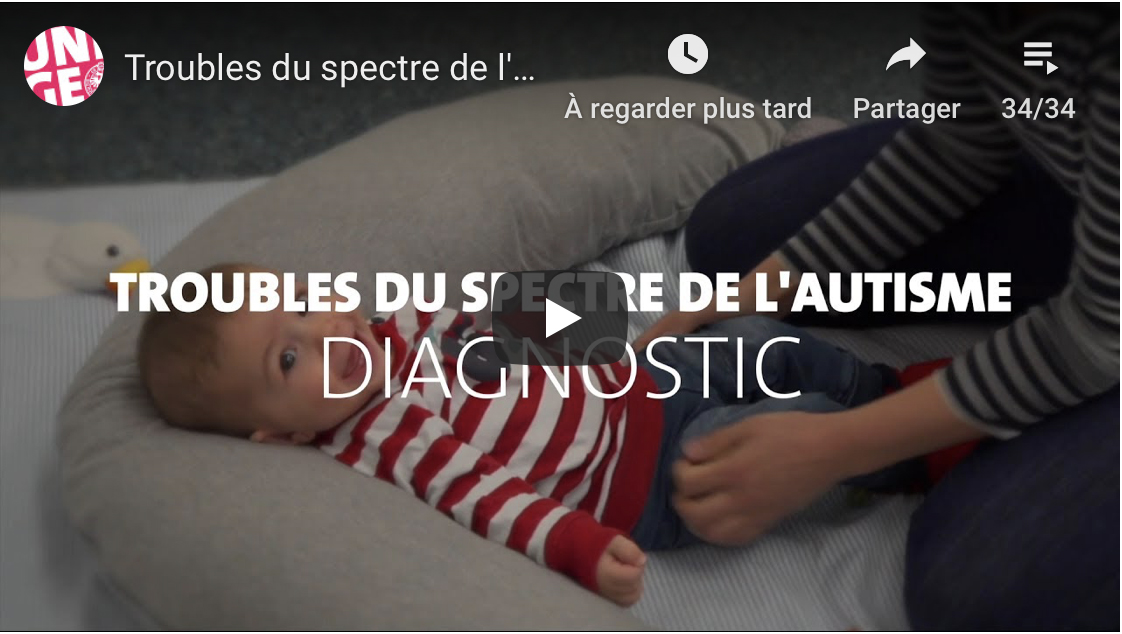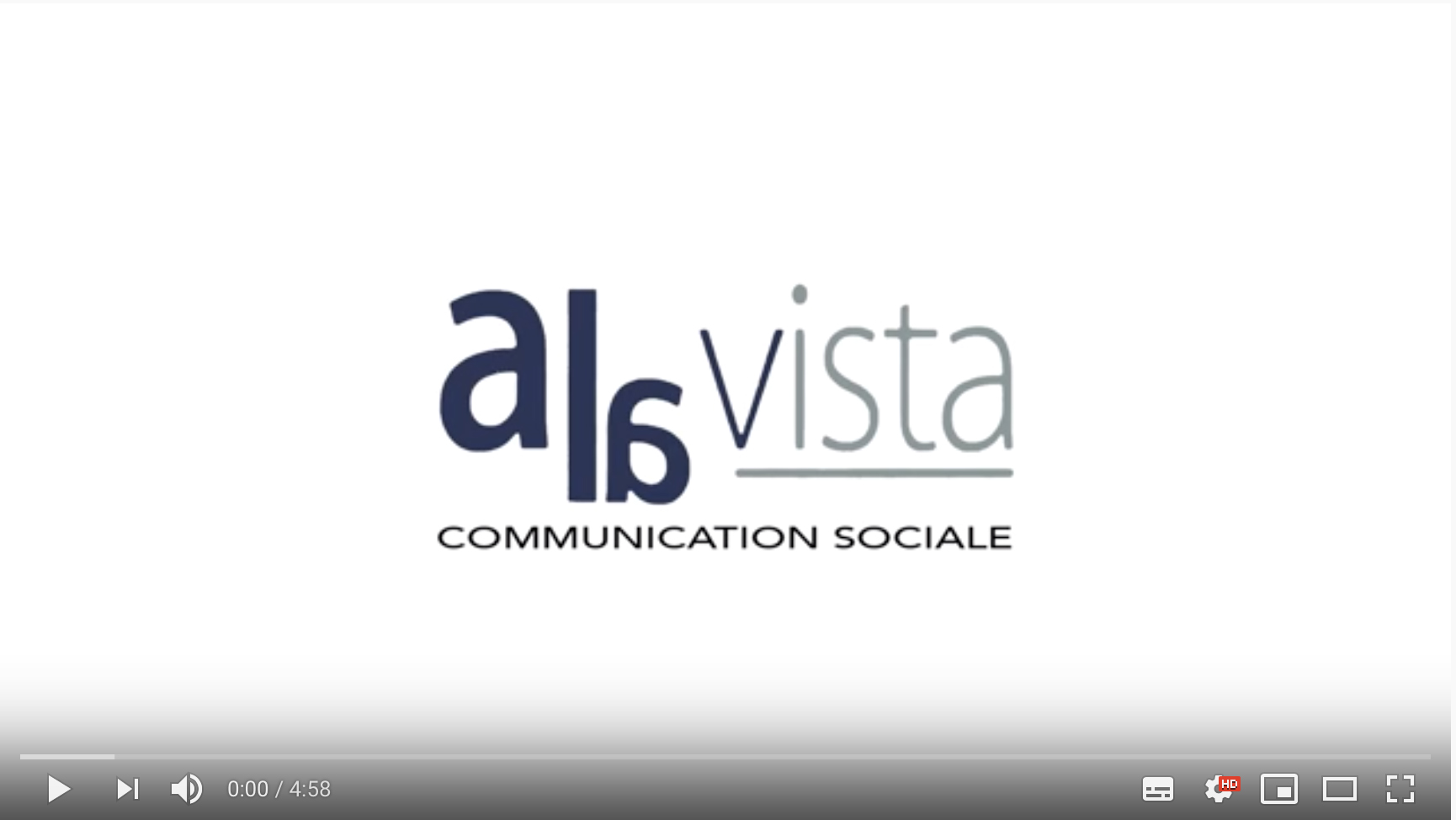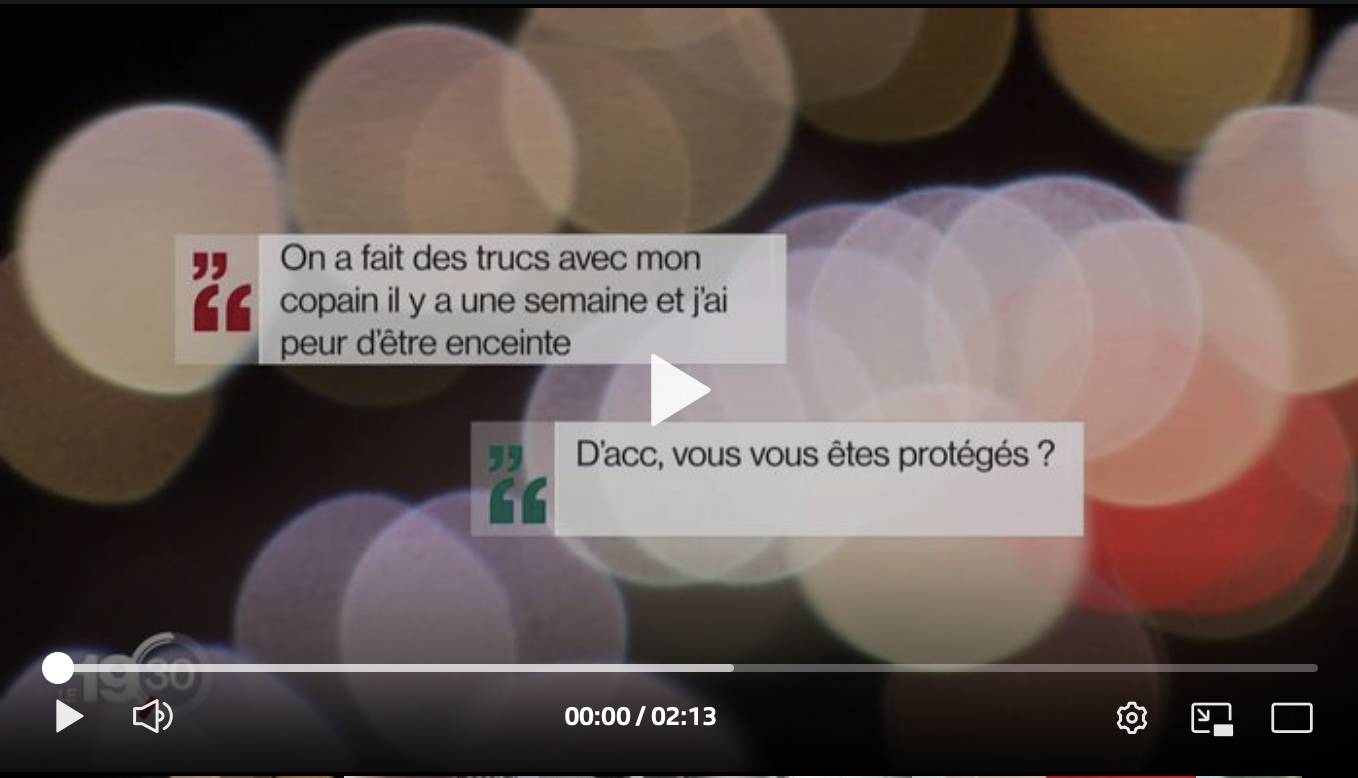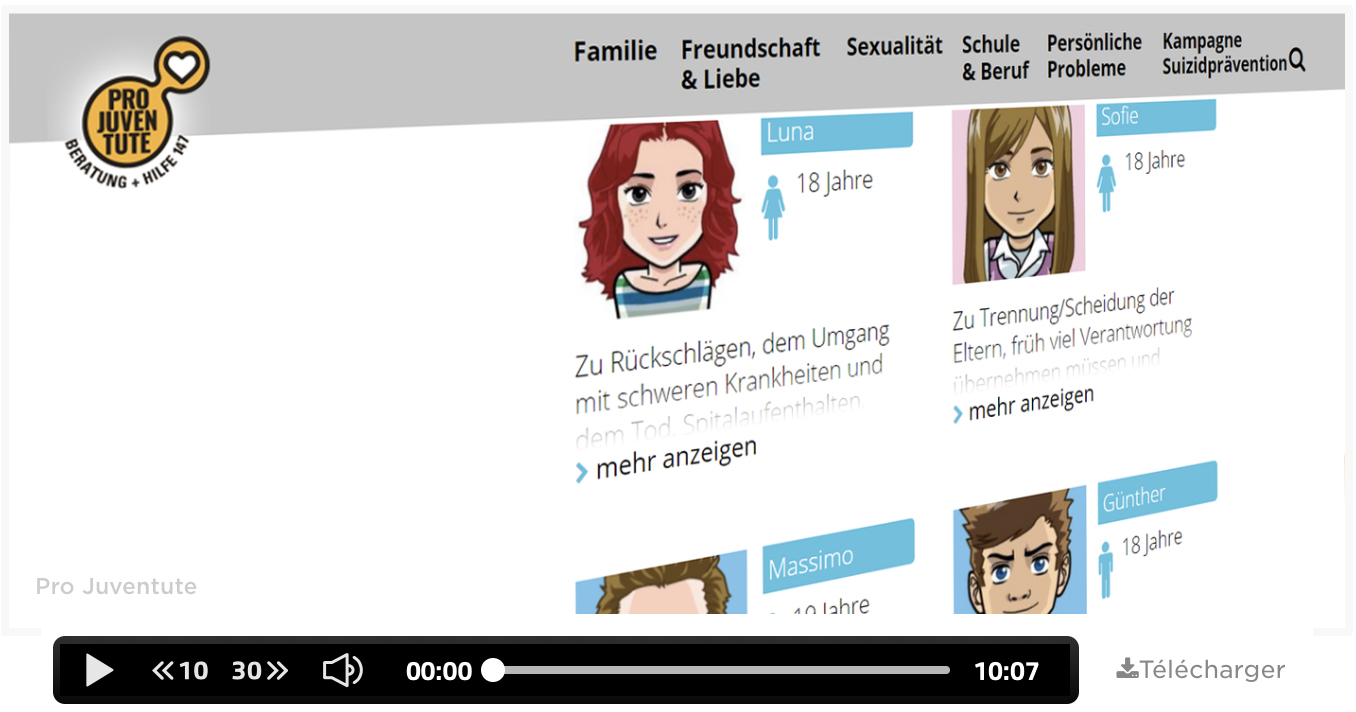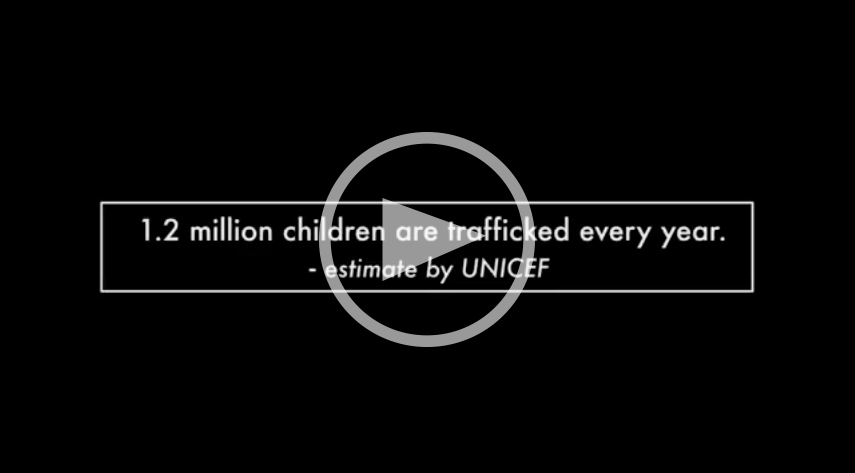
Posted on June 3, 2024
Supporting children’s mental health through play
Fondation Dora is supporting Swiss humanitarian organisation Medair (www.medair.org) in its efforts to create playgrounds and sports programmes for children living in displaced people camps in Yemen in order to improve their mental health and well-being.
Conflict-torn Yemen is considered one of the most vulnerable countries in the world, with an estimated 18.2m people reliant on humanitarian aid, more than half of them children, and 4.5m displaced people living in camps. Many children and pregnant women are malnourished, while mental health problems are widespread.
Since 2021, Medair has been operating in the displaced people camps of Al Mesqaffa and Othera 2, in the southern Tuban district, to provide psychological support to children living there. One way in which to do this is to give children the necessary safe space and equipment with which to play, an activity known to benefit children’s cognitive development, especially for those who have suffered from malnutrition.
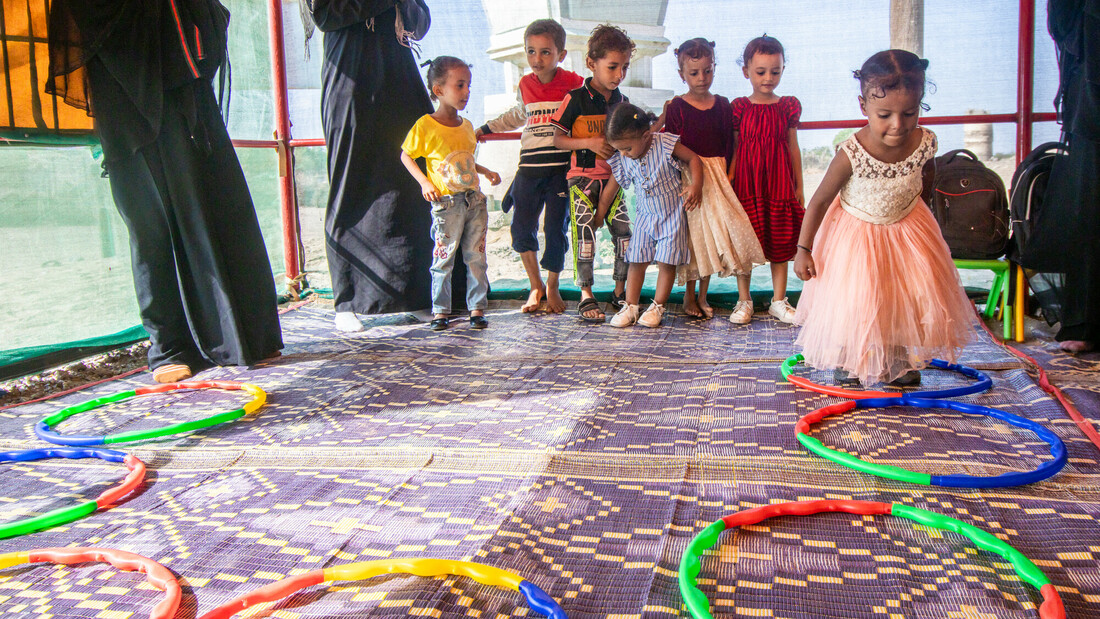
For babies and children up to the age of six, Medair is creating and improving play areas in the two camps and at a health centre in Khod Bihan. New play mats, games and creative resources have been provided, while nine local people have been trained as supervisors, with the aim of supporting learning objectives and facilitating social interaction between the children and their family members.
To date, the project has seen considerable success. Since November 2023, the three play areas have welcomed 914 children and 356 mothers, higher numbers than predicted, with twice as many girls using the facilities as expected.
Meanwhile, for children aged 7-13, Medair is developing a psychosocial activity programme based around sport, which is known to support mental health and help resolve problems common in refugee camps relating to social cohesion, inclusion and resilience. Consulting with the children and adult inhabitants of the two camps, Medair aims to provide equipment and recruit facilitators in order to establish a long-lasting programme to benefit future generations of children.
Founded in 1989, Medair works to reduce human suffering in some of the most remote places of the most vulnerable countries in the world.
Posted on April 4, 2024
Protecting children from conflict during parental separation
Fondation Dora is supporting a pilot project by Geneva-based association ScopalE, www.scopale.ch, which aims to prevent conflict between separating parents, therefore protecting children from the harmful consequences of an acrimonious parental separation.
Conflict between separating parents can have a serious impact on the health and development of the children involved, while the current model of solving conflicts in the courts places a heavy burden on state and private bodies. Aware of the issue, a large group of interdisciplinary professionals from Geneva’s private sector came together in March 2020 to create ScopalE with the aim of acting at an early stage in a couple’s separation to stop conflict escalating.

ScopalE’s vision is to promote collaboration between separating parents and between professionals in the field in order to prevent conflict, avoid legal fights and better protect children. To do this, the association has devised a suite of new resources for the canton of Geneva. Innovative group workshop and interdisciplinary consultations for ex-couples aim to support separating parents to collaborate and find consensus instead of going through the courts, to view coparenting as the end goal, and to make their children’s welfare the priority. Meanwhile, training opportunities for professionals working in relevant fields, such as social workers, mediators, state workers, lawyers, jurists, therapists and searchers, are designed to foster an interdisciplinary, coherent and collaborative approach to the issue.
Following a successful test period in which these resources were developed and standardised, a pilot project was launched in September 2023 and will run until June 2026. The three-year pilot intends to help 100 couples in the canton of Geneva negotiate their separations amicably, and train 500 professionals in the field. The pilot will allow ScopalE to evaluate the impact of the project, raise public awareness of its aims, strengthen links with state institutions, and network with similar initiatives in other cantons or countries.
ScopalE is part of the Réseau Enfants Geneva (REG), which works to promote parental cooperation in the case of separation or divorce.
Posted on December 27, 2023
Improving care for vulnerable children in Moldova
Fondation Dora supports a new project by Lumos, www.wearelumos.org, which aims to address the needs of vulnerable young children in Moldova and prevent family separation.
One of the poorest countries in Europe, Moldova has a high child mortality rate and over 13’000 children are at risk of family separation. With many parents having to seek work abroad, thousands of children live in households without one or both parents. Many vulnerable children, for example those with disabilities or developmental disorders, have no access to appropriate health services, particularly in rural areas. Consequently, families are often forced to send their children to live in orphanages or institutions in order to access such services.
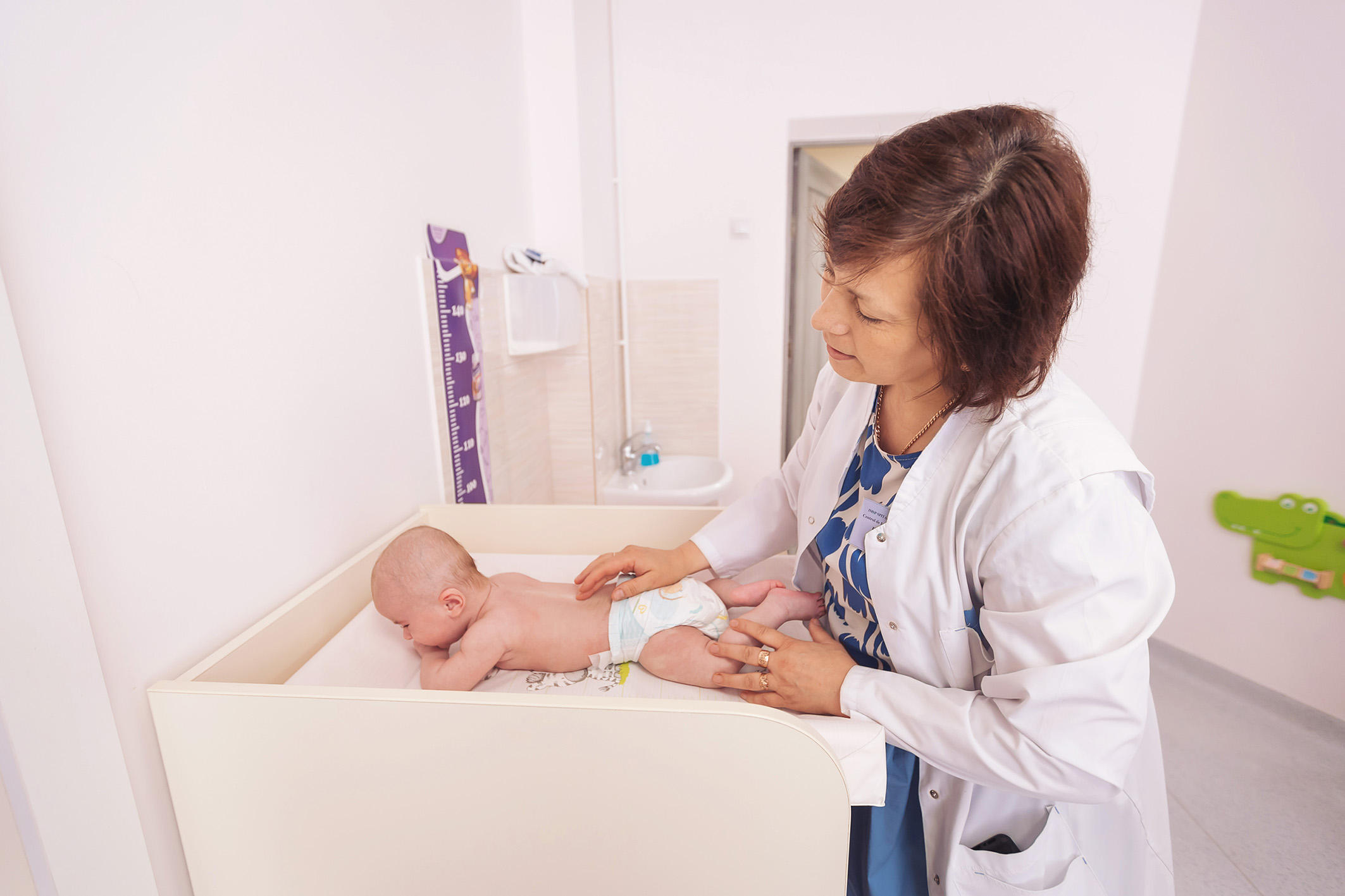
Working with the Moldovan government, Lumos aims to develop and implement high quality Early Childhood Intervention (ECI) services offering appropriate support to at-risk children at national level. The three-year pilot project will test and refine a model for community-based services in two regions with high poverty rates and high numbers of vulnerable children. The individual needs of families will determine what services will be developed and may include assessment tools, occupational therapy, speech therapy and physiotherapy.
Among its key activities, the project will establish ECI centres in each region, promote the inclusion of at-risk children in kindergartens, support parents of children with disabilities to provide appropriate care, and train professionals in ECI, primary healthcare, social and educational services.
The overall impact of the project will is to reduce mortality rates of children under five in the pilot districts and prevent family separation for young children at risk.
Founded in 2005, Lumos is committed to ending the institutionalisation of children.
Posted on September 19, 2023
Better care of deafness for young children in Togo
A new early diagnosis and care center for deaf children aged 0 to 6 has just opened in Lomé, capital of Togo. This Center will carry out a diagnostic assessment which will make it possible to assess the degree of deafness and the possibilities of fitting. This establishment will also carry out regular monitoring of the equipment fitted and the speech therapy support necessary for hearing education and learning oral and gesture communication.
This Center was designed and implemented by a French NGO L’Appel, https://www.lappel.org in partnership with the Togolese association Enfants-Surdité-Avenir.
Ten professionals responsible for operating the Center will be trained, this number will be increased as needs arise.
Each child will be the subject of a care plan which will integrate family support and the development of appropriate communication.
Early diagnosis and treatment will allow these deaf children to have a better family and social life, they will be able to follow appropriate schooling and become socially autonomous adults.
Fondation Dora is providing financial support to this project.
Posted on April 24, 2023
Covid and mental health of children and adolescents
The Soleterre foundation, www.soleterre.org, and the research group on trauma at the Università Cattolica of Milan conducted a joint research project studying 300 young persons aged 11 to 20, looking to evaluate the traumatic impact of the Covid pandemic on their mental health. The study was conducted from May 2021 to May 2022.
The results of the study were published in November 2002 in the “Journal of Child & Adolescent Trauma”: Adolescents in the Covid Net: What Impact on their Mental Health?
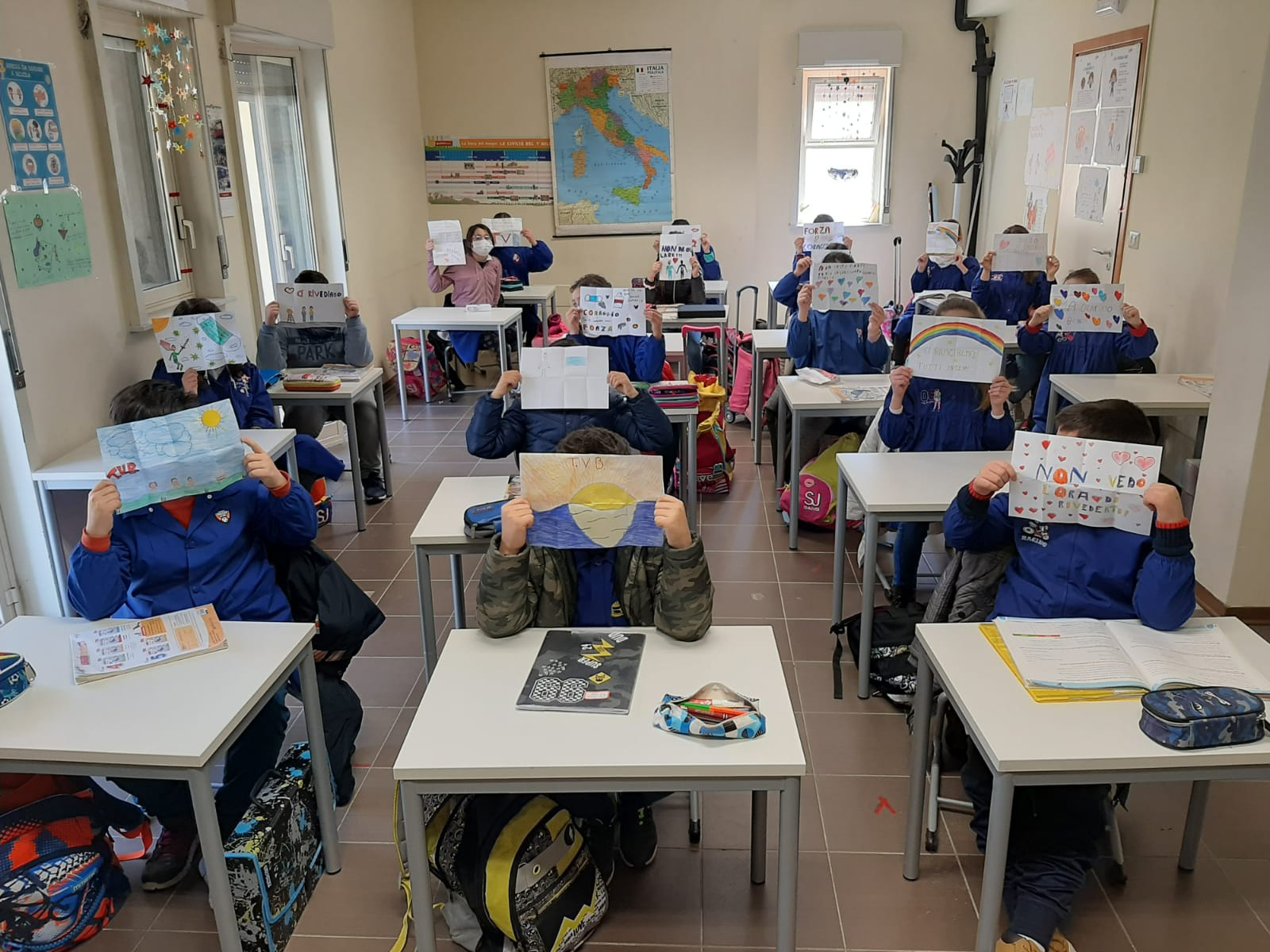
During the Covid period, the Soleterre foundation provided psychological support for several hundred children and adolescents as well as for the parents and educators in their lives. Fondation Dora granted financial support for the programme.
Posted on March 15, 2023
Facing the challenges of a sibling’s disability
Fondation Dora is helping the Resiliam association in their work with children facing the challenges of a brother or sister’s disability through the launch of a new support group for siblings between the ages of 10 and 15 years old.
Living with a disabled brother or sister can give rise to questions, worries, and also to certain challenges that can be difficult to articulate. The family unit invests a considerable amount of time and energy for the child with the disability, often at the expense of the other siblings.
Resiliam has established a support group offering children the chance to meet with peers experiencing similar situations. This space, designed especially for them, enables these children to express and share their experiences, ideas, solutions, emotions and feelings through games, discussions and creative workshops. Feedback from the children is very positive, especially in terms of being surrounded by peers who understand them, and also having a space made especially and only for them.
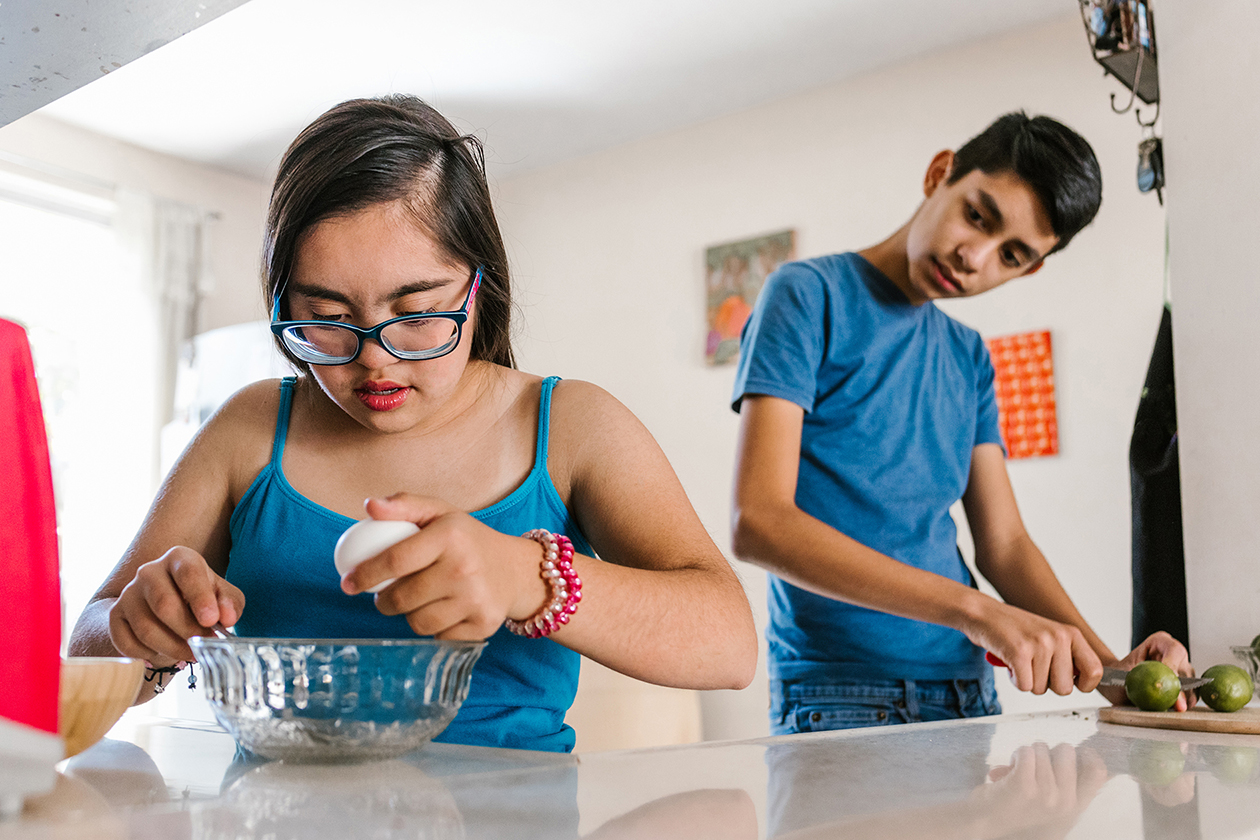
The children all have different backgrounds, questions and sibling relationships coming from their personal experiences and the various disabilities of their siblings: multiple disabilities, intellectual disabilities, developmental disorders, autism spectrum disorders, etc. These differences do not separate the children, but instead they connect through their shared experiences and emotions, thus enriching their exchanges.
Resiliam’s work involves two distinct stages: family work and the peer group:
- Family work: a first session to evaluate the needs and type of support required, followed by at least a second meeting or more, if necessary
- Peer group: this child-based peer group enables the children to share both their difficulties and their resources and to feel less alone; it meets at least once a month and is led by 2 psychomotor therapists.
Founded in 2012, the Resiliam association is recognized as a Public Service Organization by the State of Geneva; the association supports children and teenagers confronted with a serious illness, a disability
Posted on February 24, 2023
Explaining a parent’s depression to a child
Where has the joy gone? is the title of a book explaining a parent’s depression (father or mother) to a child; the book is currently available in 16 different versions, and each version is also available in French, German, Italian, and English.
When a parent is unwell for a long period of time, the entire family suffers, and especially the children. To help children gain a better understanding of the psychological difficulties experienced by a father or mother, the Novacarta Association has developed a book on depression that is currently available in several versions that correspond to a variety of specific family situations.
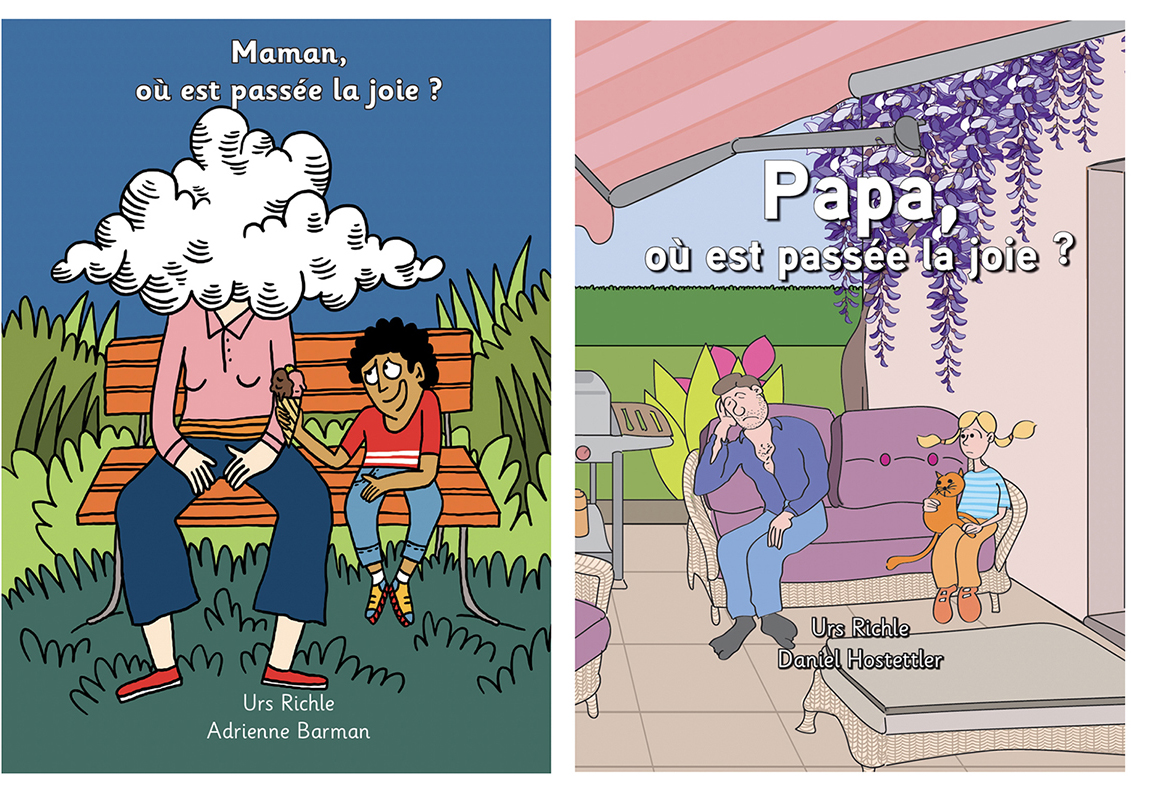
Where has the joy gone? offers children a better understanding of a parent’s depression and will facilitate a return to hope and joy.
The book can be viewed and purchased on the Novacarta Association website:
https://novacarta.ch/fr/ou-est-passee-la-joie/
Fondation Dora provided financial support to the Novacarta Association for the book’s conception and production.
Posted on March 28, 2022
Hope for children with dysorthography
Fondation Dora will support the development of a multi-platform writing aid software for individuals with dysorthography and/or dyslexia; the programme will be compatible with current academic accommodation practices. To date, there is no writing aid software suitably adapted for students with dysorthography.

This new tool will include different modules of predictive text specifically designed for individuals with dysorthography. It will grant students a higher degree of autonomy in their daily writing tasks, whether at school, at home, in therapy sessions or in other situations. The programme will lighten the cognitive load of dual-tasking and, in certain cases, will enable students to be re-integrated into the conventional school system.
The programme will be provided for free in specialized classrooms in French-speaking cantons.
Founded in 1991, the Icare research institute (Sierre, Switzerland) is a non-profit organization that designs and creates innovative software programmes in various fields and whose goal is to promote technological innovation.
Posted on December 2, 2021
Innovative Inclusion Model
Fondation Dora will support a new socio-educational knowledge center in Israel developed by Krembo Wings in order to offer their innovative inclusion practices to a wider audience beyond the youth movement. The center will provide a variety of advanced training activities and lectures, aiming to equip professionals with new inclusion tools for adjusting syllabi or improving workplace and school activities.
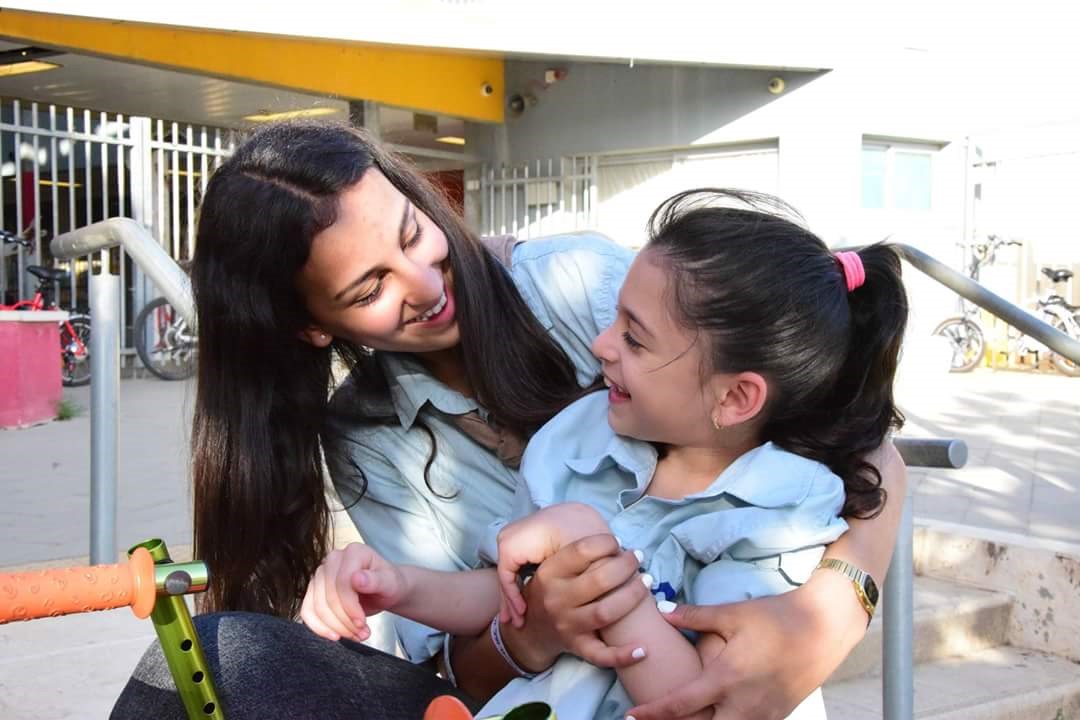
The goal of the knowledge center is to help educators develop the skills in classroom inclusion practices that will benefit children both with and without disabilities. In this enriched context, children with disabilities can feel more empowered, flourish socially, and engage more fully in everyday school settings while children without disabilities can learn tolerance as well as how to be advocates for their peers with special needs.
Courses will target schoolteachers, assistants in kindergartens and schools, class counselors, youth counselors, community center workers, employees of education and youth departments, and parents. Research findings with be shared with the academic world.
Krembo Wings is a youth movement in Israel which helps children and teenagers with special needs.
Posted on June 10, 2021
Leaving Prison
Fondation Dora will provide financial support for the « Hope beyond Bars” programme in El Salvador. “Hope beyond Bars” is the third phase of a larger programme helping mothers whose children live with them in prison. The entire project is directed by Plan International.
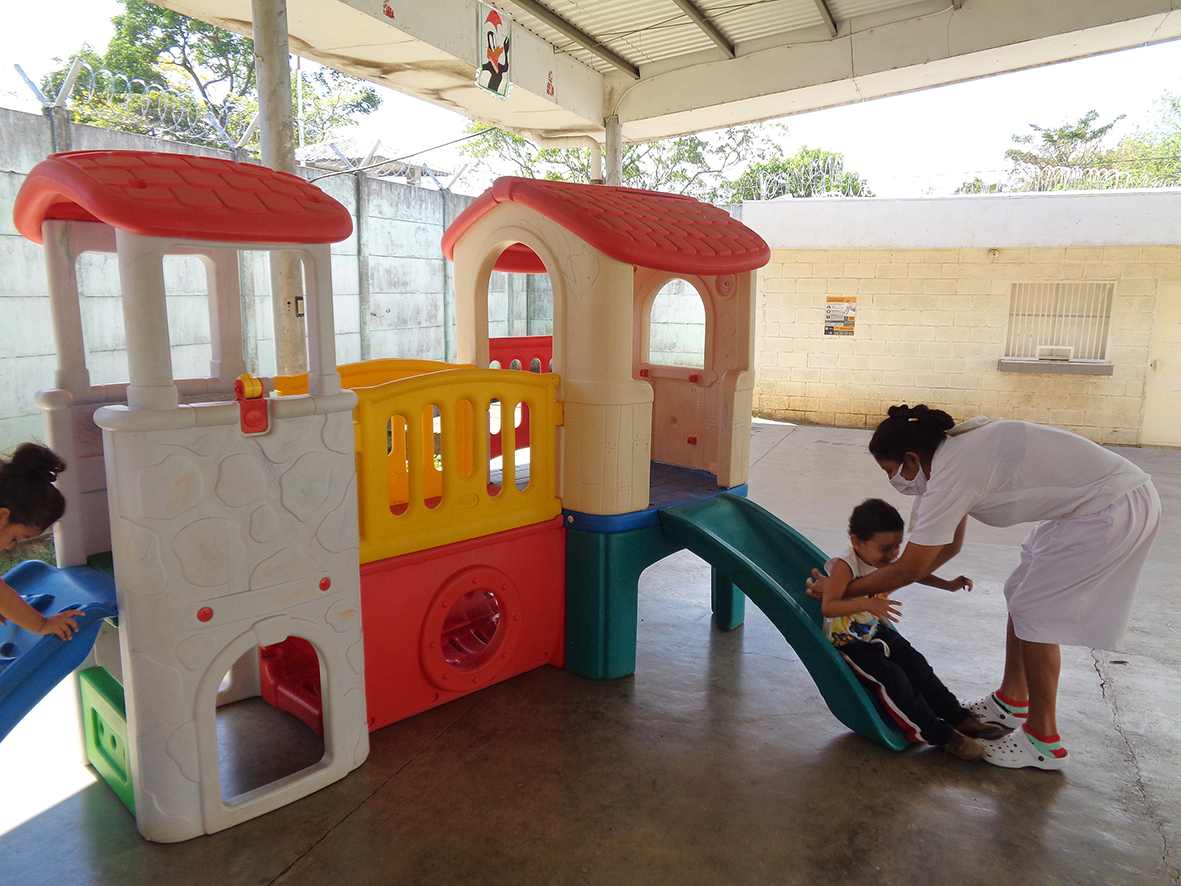
In El Salvador, incarcerated mothers are allowed to keep their children with them until the child is five years old, after which the children must leave both the prison and their mothers.
Phases I & II of the project provided incarcerated mothers with the training they need to be more attentive to their child’s developmental requirements.
The goal of Phase III is to ensure the best possible re-integration of these young children when they leave the prison. Psychologists from various institutions collaborated on the design of a “Transition Route”. Once this procedure becomes institutionalized, it will facilitate the process of re-integration for these children into foster homes or specialized establishments.
Posted on June 8, 2021
Coaching via E-learning
Fondation Dora is providing financial support for a new programme of coaching via E-learning developed by the CHUV for the parents of young children (1 to 4 years old) with an autism spectrum disorder (ASD).
The “Service des troubles du spectre de l’autisme et apparentés” (Department of Autism Spectrum and Related Disorders) at the Lausanne University Hospital (CHUV) coordinates and groups together all the various structures associated to it throughout the Canton of Vaud, structures involved in providing support to individuals with ASD at every stage of their lives.

The project will offer support to parents via E-learning in order to provide practical strategies for the daily lives of their children with ASD.
What makes the project original is its association of an E-learning programme with regular and individualized telemedicine follow-up by a trained referring professional.
The project will also be involved in a study whose goal is to understand the impact of coaching via E-learning compared to direct coaching.
Posted on January 11, 2021
Early developmental disorders
Fondation Dora will support a new multidisciplinary centre in the canton of Geneva designed to be a facility of reference in the care of early developmental disorders. The centre will also serve as a training centre for professionals. The project is being led by AGAThE, an association created especially for the programme.
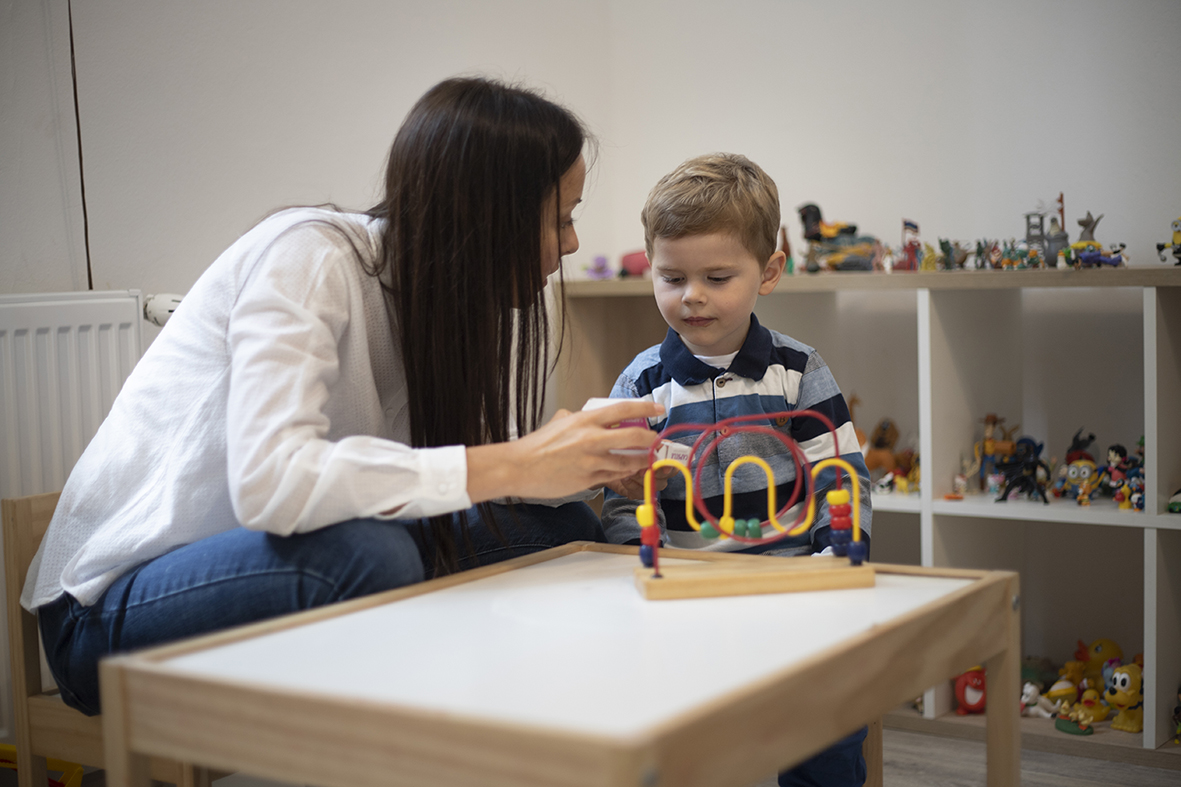
The new centre will welcome different healthcare workers under the same roof, thus offering optimal interaction and communication around the child and his or her family. Children between the ages of 0-5 with developmental challenges and requiring at least two therapies will constitute the centre’s patient group.
The Centre de développement de l’enfant (Centre for Children’s Development) at the Geneva University Hospitals (HUG) will be a privileged partner for diagnostic analyses and follow-up and will ensure the new centre’s high standard of care.
Posted on November 6, 2020
Mental health of refugees
Fondation Dora will support the RE-START project, an initiative from the Migrant Health Programme (MHP) at the Geneva University Hospitals (HUG). The programme hopes to improve care for refugee families suffering from Post-Traumatic Stress Syndrome (PTSD). In the existing system, children are not always diagnosed early enough nor given appropriate support. Yet, whether they were directly exposed to violence themselves or if the trauma is transmitted via their parents who experienced it, they have a high risk of developing mental health challenges. The issue is even more problematic among unaccompanied minor refugees.
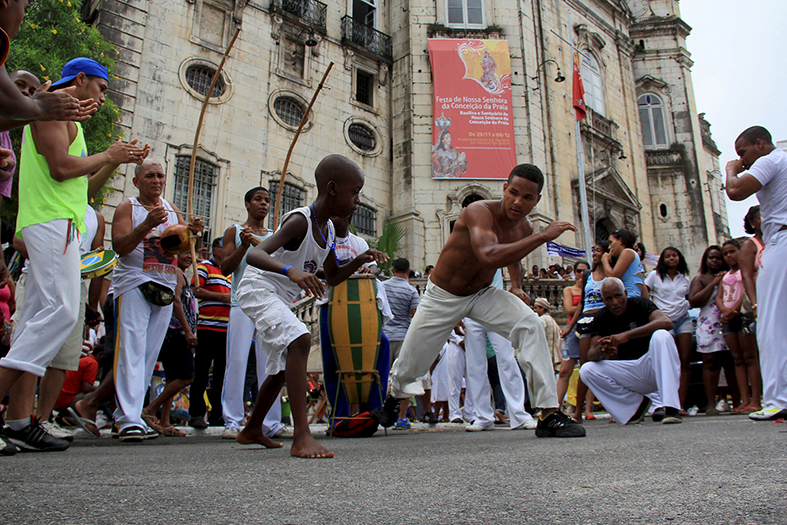
The goal of the project is to strengthen the medical-psychosocial framework surrounding these families and develop projects for the youth in question such as Art Therapy, Photo-language, and Capoeira, activities whose effectiveness for this population has been demonstrated.
https://www.sportanddev.org/fr/article/news/la-capoeira-une-source-etonnante-de-changement-social
Posted on October 26, 2020
Toxic stress before birth: paths to personalized intervention
Multiple empirical studies have shown that a maternal history of antenatal trauma such as maltreatment and/or family violence can be toxic to the developing brain of the child before and after birth; this phenomenon is called toxic stress.
Fondation Dora is supporting a pilot research study to identify the foetuses and infants most at risk for toxic stress and to provide the parents with referral services for their infant's mental health and development.

Given the current dilemma of the CoVid-19 pandemic, which may increase the risk for toxic stress in a host of possible ways during pregnancy and postnatally, this research study is including measures to examine the question of how those foetuses and infants who may already be at risk for toxic stress, as well as their parents, are coping with this added dimension of early adversity.
This study is conducted by infant mental health clinicians of the Centre Hospitalier Universitaire Vaudois (CHUV) in cooperation with the University of Texas Medical Center in Houston, USA. If successful, it could lead to a large state-of-the-art screening program to meet the needs of this vulnerable population.
Posted on October 22, 2020
Pediatric surgery in Burkina Faso
Fondation Dora will support a new program for pediatric surgery in Burkina Faso.
Over the 5 years of this project, teams from the Geneva University Hospitals (HUG) will work with Burkina Faso’s Ministry of Health and local healthcare providers to improve the level of training for doctors and care workers, to decentralize pediatric surgery, and strengthen its infrastructures.
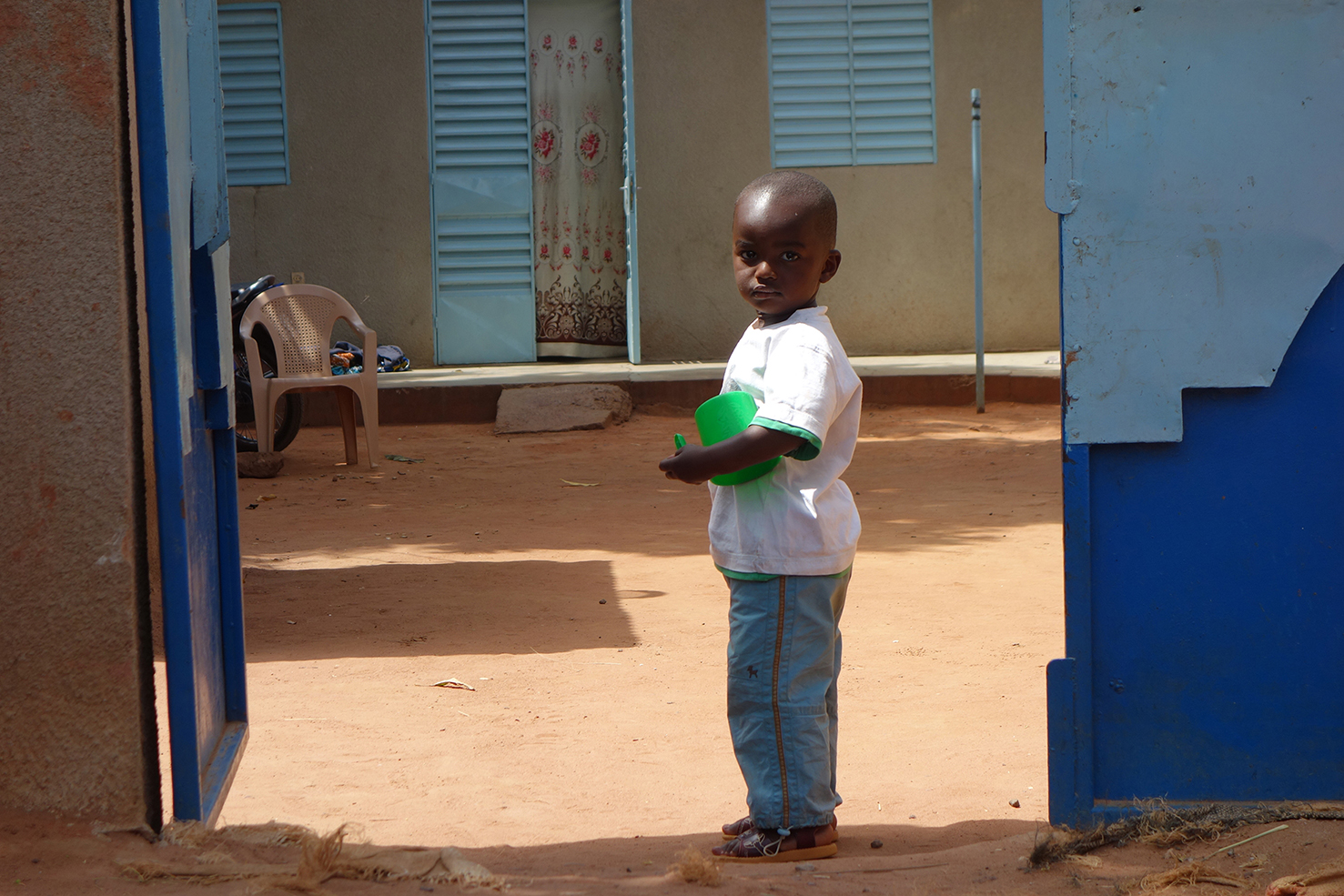
The goal of the project is to save, treat, and re-integrate thousands of Burkina Faso’s children who experience social exclusion because of a disability or an illness that is actually easily treatable with a simple surgical procedure.
This ambitious project integrates the current measures and policies of Burkina Faso’s health system and includes additional support in order to promote a sustainable development of pediatric surgery in the country.
Posted on September 9, 2020
COVID-19
Like most other philanthropic organizations, Fondation Dora was affected by the COVID-19 pandemic. The foundation was mostly able to maintain its administrative functions, but certain partners experienced serious difficulties and requested emergency aid.
To respond to these crisis requests, Fondation Dora created an emergency COVID-19 fund in order to prioritise funding to partners with whom the foundation already had a working relationship. In this way, the fund was able to help a variety of associations, foundations and care centres during this difficult period.
The special fund facilitated a number of emergency programmes meant to:
- Develop virtual communication resources for several organizations
- Maintain salaries for employees without unemployment compensation
- Establish 24h/24h emergency shelter resources for homeless accompanied minors
- Bring food security aid and financial support to immigrant families with children
- Establish psychological support for at-risk children and teenagers as well as for their parents and teachers
These programmes were set up in Switzerland, Italy, Israel and in Vietnam.

Posted on February 3, 2020
Autism Spectrum Disorder
Fondation Dora is supporting a new training program targeting both professionals and families interested in autism: a Massive Open Online Course (MOOC) focusing on autism.
This MOOC will bring together a number of experts in Autism Spectrum Disorder (ASD) and is based on scientifically proven facts in order to answer such questions as: what is autism? how to recognize autism? Can signs of autism be observed in infants?
This autism focused MOOC is comprised of three parts: the first concentrates on diagnosis and is already accessible at the following links:
https://www.coursera.org/learn/troubles-spectre-autisme-diagnostic/home/welcome
The second part will be dedicated to the neurobiology and neurosciences involved in autism, and the third part to intervention techniques and approaches.
The program is a joint project of the Pôle Autisme Foundation and the University of Geneva.
Posted on December 16, 2019
Assistance for children of undocumented workers
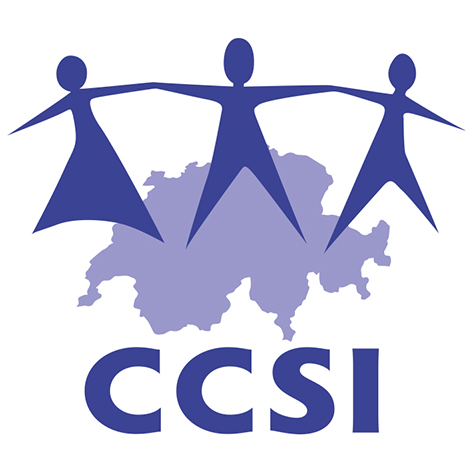
Fondation Dora is supporting the Centre de Contact Suisses-Immigrés (CCSI) in its mission to provide migrant children with as normal a childhood and education as possible. Each year CCSI works with 1250 families (around 2,000 children) to help them make their way out of poverty and ensure the respect of the rights of the children involved.
Geneva has a steady population of undocumented workers, mainly employed as domestic or restaurant help and construction or agricultural day laborers. Many of these workers have their children with them but are unable or unaware of how to access appropriate health care and educational structures—a situation with a negative impact on many levels and that contributes to overall social and financial insecurity.
Specifically, CCSI assists the children of undocumented workers in a number of ways: by guaranteeing access to appropriate child care or schooling so that parents may continue to work, by providing assistance and subsidies to ensure food security for the family, by making the professionals who work with this population of children aware of their specific challenges and their rights, by facilitating health insurance and administrative procedures, and, when possible, by submitting requests to regularise their status with the authorities.
CCSI is a non-profit organization that defends migrants’ rights in Geneva. It is committed to ensuring that migrants’ rights are respected, and to promoting an open and fair society. For more information about CCSI, use the following link:
Posted on December 16, 2019
Individualised support for migrant families in Geneva
Europe is home to roughly 3 million recognized refugees, with almost 100,000 of that population in Switzerland. Around 6% of Switzerland’s asylum seeker and refugee population live in Geneva; this includes families with children—mostly single-parent—adults on their own, and unaccompanied minors. Although there are official structures in place to support this population, there are still many challenges to negotiate: unemployment, isolation, and a lack of follow-up at different stages of integration.
Fondation Dora is supporting a new programme in Geneva whose goal is to welcome and support migrant families with small children (0 to 4 years old). The programme, coordinated by Carrefour, Orientation, Solidarité (COS) offers participants an educational and interactive welcome space, activities to support the integration and preparation of migrant children entering the Swiss school system, as well as French language support and other parent-child activities.
COS focuses on families, providing intensive support that takes the requests and goals of each member of the family into account, thus creating individualised help for overall well-being.
COS is a non-profit public-welfare association. Its goal is to assist migrant families in Geneva using a transcultural approach and by focusing on three main areas: parent-child support, education and training, psycho-social wellbeing.
Posted on October 16, 2019
Inclusion through sport in Nicaragua
Fondation Dora is supporting a new project in Nicaragua, led by the Eirene Suisse Association; the project is run locally by the Los Pipitos organization and its goal is to improve the quality of life of young people with disabilities by using sports as a means of inclusion.
600 children, adolescents, and young adults with disabilities as well as their families will benefit from this program along with the 50 instructors and collaborators of Los Pipitos.
To facilitate their work over a period of two years, Eirene Suisse will offer Los Pipitos a volunteer sports and health professional who is specialized in the inclusion of children with disabilities through sport.
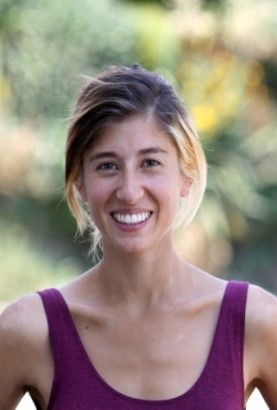
The volunteer, Tamara Strasser, has a Master of Science degree in movement and sport, with a specialization in physical activities and health suitable for this population of kids. She has broadened her skill set by taking an advanced studies certificate in health and community health promotion.
Los Pipitos is an association for parents with children with disabilities. Its main goal is “empowering” the families involved to help achieve a better quality of life for their children. Los Pipitos bases its work on the Convention on the Rights of Persons with Disabilities.
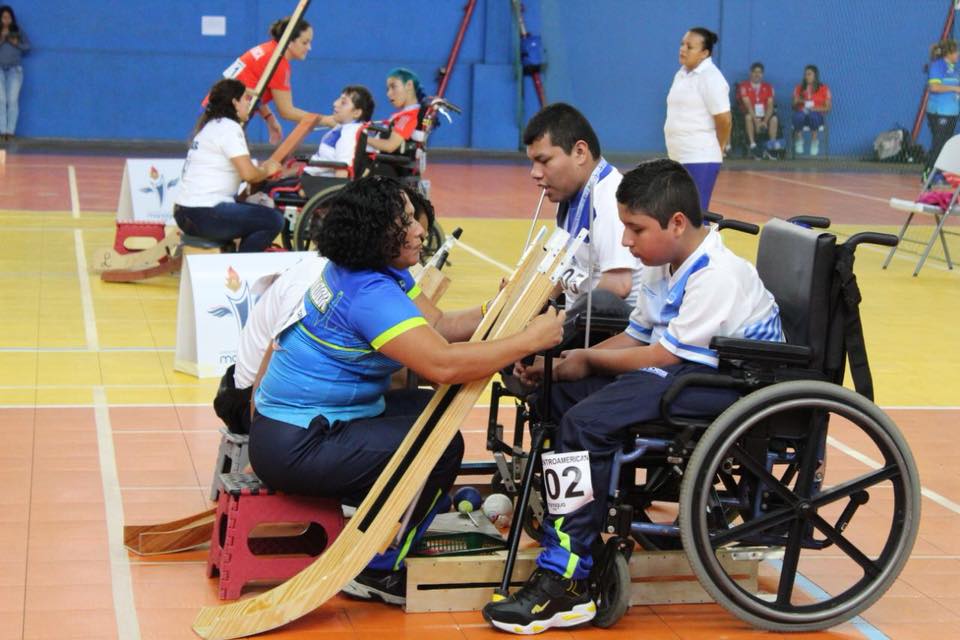
Eirene Suisse is a non-profit public-welfare association, free of political or religious ideology. It is a development cooperation association through the exchange of individuals, meaning that its work involves sending qualified professionals to partner associations in the South.
Posted on April 24, 2019
Mental health screening for children
Studies indicate that about one-third of children with chronic and severe medical conditions suffer from depression and/or anxiety disorders. A lack of awareness among clinicians and a lack of practical screening tools and diagnostic procedures are two main reasons for the under-diagnosis and under-treatment of emotional disorders associated with chronic medical conditions in children and adolescents.
Fondation Dora is supporting a project to develop and validate a process of identifying depression and anxiety disorders in children and adolescents with chronic and severe medical conditions. The project will screen 600 children aged 6 to 18 years old, from both Jewish and Arab ethnicities, recruited from the Edmond & Lili Safra Children's Hospital, Sheba Medical Center.
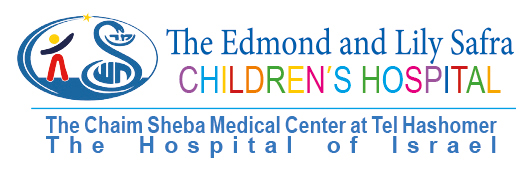
Those who screen positive will undergo a clinical assessment, after which they will be referred for appropriate psychosocial or medication treatment.
It is expected that this project will lead to the development of practical screening and treatment procedures for depression and anxiety disorders in this paediatric population.
This project started in 2019 and will last three years.
Posted on December 13, 2018
Peer2Peer in Western Switzerland
Fondation Dora will support Pro Juventute in its work to establish the Peer2Peer pilot program in Switzerland’s French-speaking cantons. Peer2Peer is a “chat” style program and an extension of Pro Juventute’s service Conseils + aide 147.
Since 1999, Conseils + aide 147 has maintained a 24h hotline, both an SMS and an email “hotline”, as well as a website providing information on a range of relevant issues. In 2017, approximately 125,000 children and teenagers used the service; nearly 350 per day. The service helps Swiss youth confront their most distressing issues: family challenges, school and professional situations, addictions, love, friendship, sexuality, and violence.

The Peer2Peer program will enable children and teenagers to support their peers by using a “chat” service. The project promotes participation and togetherness between peers in the presence of a supervising professional.
Peer2Peer has two main goals:
- Develop a peer support structure using 5 “youth counselors” who have been recruited and trained.
- Support and train these “youth counselors” during their “chat” sessions via direct coaching by experienced members of the Conseils + aide 147 team.
The “youth counselors” will be recuited and trained between January - March 2019 so that the “chat” service and peer support structure can launch in June 2019 in French-speaking Switzerland.
"un tchat tenu par des jeunes et pour les jeunes"
For more information, listen to the following report in “On en parle” from the RTS
Posted on November 27, 2018
Music for premature infants!
Through the ART-THERAPIE foundation www.arttherapie.org, Fondation Dora is supporting a new research program called “Accompagner le développement des nouveaux nés prématurés par la musique” (“Nurture the development of premature infants with music”).
Extreme premature birth remains a contemporary issue. It is the main cause of neonatal death in the world, occurring during the first four weeks of life. Among the infants who survive, many will suffer developmental disorders, especially in terms of cognitive deficiencies, learning or behavioral disorders, as well as neurosensory damage.
The brain develops intensely during the last trimester of pregnancy. This development usually takes place in the protected environment of the womb. But for premature infants it takes place in the intensive care unit, which is a much louder and more stressful environment. Unlike noise, the rhythmic and regular quality of music attracts an infant’s attention and stimulates not only the auditory cortex but many other neural networks.
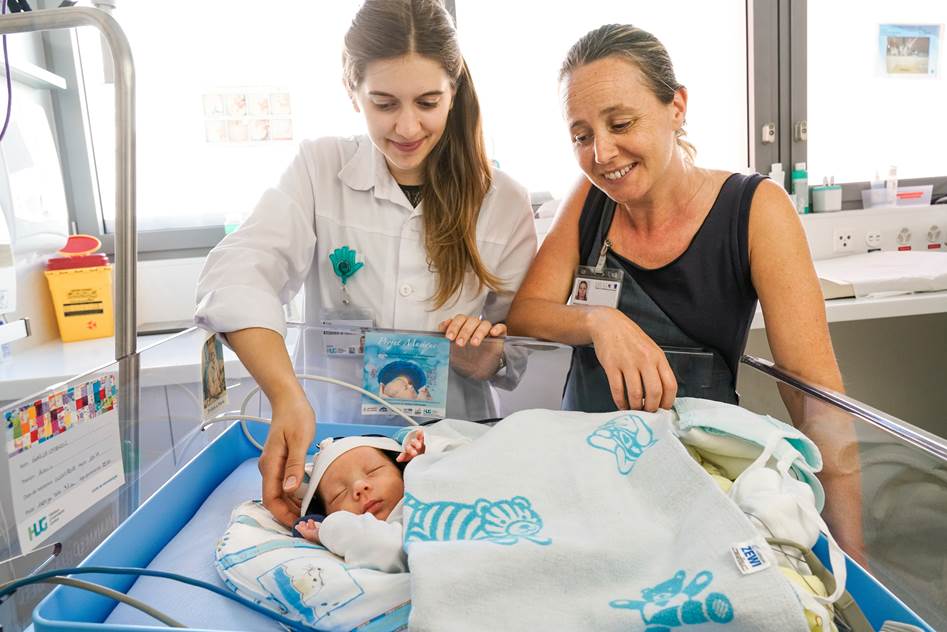
In order to better understand these developments, a research project has been set-up at the Children’s Hospital at the University Hospital of Geneva. The project is supervised by Prof. Petra Hüppi, Department Head.
The goal of this project is to show that during the neonatal period, listening regularly to music that is suitable for the premature newborn is an effective early intervention with a positive impact on brain development, which can even mitigate certain handicaps caused by premature birth, such as emotional, cognitive, and neuro-behavioral disorders.
Posted on September 24, 2018
Inclusive Education in Russia
The Fondation Dora will support the International Catholic Child Bureau http://www.bice.org to establish an inclusive educational program in Russia centred on granting effective access to quality education for children with mental handicaps. The local partner responsible for the program is the Centre for Curative Pedagogics http://www.ccp.org.ru/.
This pilot programme will have three focus areas:
- Development of support methods that work toward education adapted to the needs of children with intellectual disabilities
- Skills training for the professionals and parents involved in the education of children with intellectual disabilities
- Pre-school preparatory work for children with intellectual disabilities as well as for their parents
The program uses the Makaton communication method adapted for Russian. Makaton is a Programme for Communication and Language Help comprised of a functional vocabulary combining speech, signs, and pictograms, and its use responds to the needs of children with disabilities and language difficulties. Significant work was done with Russian sign language specialists to adapt the hand gestures of this sign language to the Makaton pictograms, while also simplifying them for use with children.
Here is an example of the combination of a pictogram with a sign for “cat”:
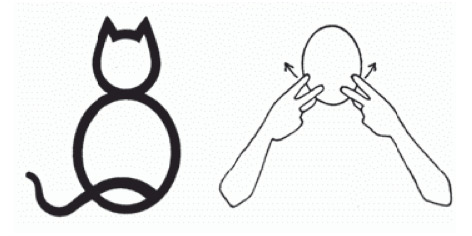
The focus area on school preparation enables the children to be emotionally involved and motivated to go to school. The parents receive both psychological and legal support and are assisted in the selection of a school for their child.
The professional team includes a psychologist, a specialised educator, a psycho-motor therapist, an art therapist, a speech language pathologist, a neuropsychologist, and a specialist in sensory integration.
At least 40 children will benefit from this pilot programme.
Posted on August 14, 2018
Arts workshops for children at the Tattes Residence Center
Fondation Dora will support a three-year project directed by the association Super Licorne to provide arts programming for children living at the Tattes Residence Center.
Beginning in summer 2018, Super Licorne will animate a workshop on paper cutouts. The technique of paper cutouts, which is similar to cartoon drawing, is used to create animated films. Animated film professionals will contribute their expertise.
The Tattes Residence is a collective housing center for asylum seekers. It is located in Vernier in the canton of Geneva and is managed by the Hospice Général.
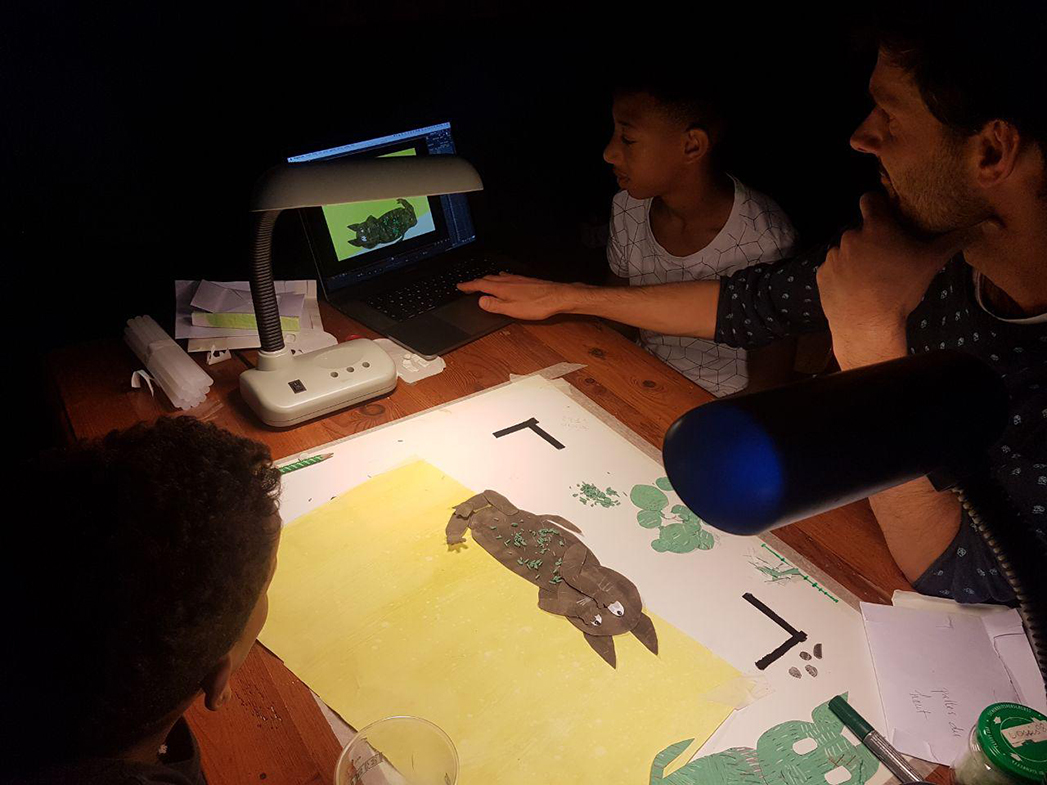
The goal of Super Licorne is to enable both the children and adults living at the Tattes Residence Center to discover Geneva’s social and cultural environment. They work to create connections, foster both knowledge and opportunities for integration, as well as encourage the independence of the individuals living at the center.
Posted on May 4, 2018
New Training Center
Fondation Dora will support the Israeli Speech, Hearing, and Language Association (ISHLA) as it launches a new training program for Israel’s periphery regions.
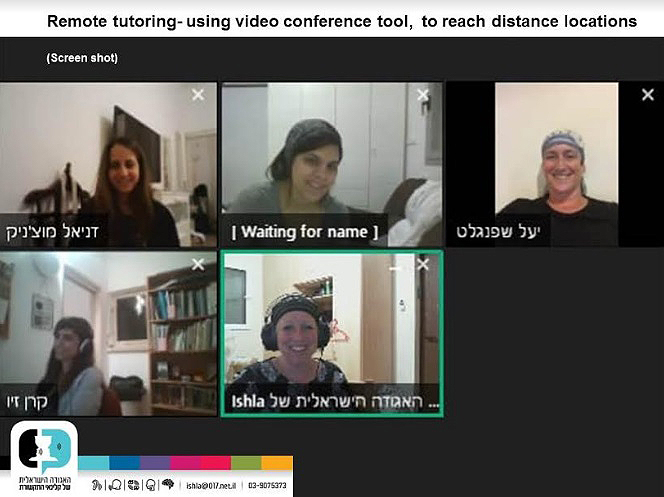
According to Israel’s Ministry of Health, more than 10% of Israel’s 1.2 million children (0-9 years old) will require the assessment of an SLP/Audiologist, and 80% of those assessed will need intervention. But the discipline remains relatively unknown to the public and is especially underutilized in Israel’s outlying areas.
The ISHLA represents and provides guidance and training to Speech and Language Pathologists and Audiologists working with infants, children, and adults having speech, voice, language, communication, hearing, or swallowing disabilities. The new center—which will be specifically focused on Israel’s disadvantaged northern and southern regions—will create educational courses, conferences, and online skill-training support for both clinicians and parents to help children with developmental speech and auditory disorders.
Posted on November 29, 2017
Good news from Hanoi, Vietnam
The launch of a pilot project, to place children living in institutions in foster families, was announced by Ms. Dao Hong Lan, Ministry of Labour, Invalids, and Social Affairs (MOLISA) and by Mr Robert Glover, Founder and Executive Director of the UK NGO Care for Children during a ceremony held on 20th November in Hanoi. The project will initially be implemented at two sites: Hanoi and Thai Nguyen City. If the results are positive, the project will be extended to sites across Vietnam.
Care for Children, with the financial support of Fondation Dora, is managing this pilot project in cooperation with the Vietnamese government.
Posted on July 18, 2017
Hope for children living in institutions in Vietnam
Approximately 33,000 children live in government and private institutions in Vietnam. At the request of the Vietnamese Government, the NGO Care for Children will be setting up a pilot scheme to place such children in host families.
It is hoped this pilot scheme will become a model for future extension across the whole country.
Care for Children has successfully developed similar programmes in China and Thailand.
You can view the following video for more information:
Fondation Dora has agreed to provide financial support to Care for Children to help develop this programme in Vietnam.
Posted on June 23, 2017
New study on Nutritional Education
A quantitative study recently published by the scientific journal Acta Paediatrica shows the importance of Nutritional Education in nutrition improvement programmes for children under 5.
This study—financed by Fondation Dora—was spearheaded by an interdisciplinary team from the University of Geneva and the association “Actions en Santé Publique”, in association with Malagasy doctors, as well as Centres for Outpatient Nutritional Rehabilitation (CRENAM) supported by the association L’APPEL. A large part of this success can be attributed to the “Nutricartes” teaching concept.
To access the full text of the study, open the following file:
Article_quantitatif_version_publie.pdf
Or click on the following link: http://onlinelibrary.wiley.com/doi/10.1111/apa.13796/full
Posted on June 9, 2017
Dysphasia on the programme “On en parle” on Radio Télévision Suisse, 29th May 2017
Dysphasia is a speech defect that affects 3 to 7% of the population. This is often confused, especially at a young age, with autism or a mental handicap.
In Geneva, the organisation “La Cédille” offers specialized educational support for children with dysphasia. “La Cédille” is receiving financial support from Fondation Dora.
You can listen to the programme from 29th May again via the following link:
http://www.rts.ch/la-1ere/programmes/on-en-parle/8621708-dysphasie-et-soutien-scolaire-29-05-2017.html?f=player/popup
Posted on May 30, 2017
Unaccompanied Minors
In its 15th May 2017 edition, Migros Magazine included an article on the “1 set de + à table / One more for dinner” programme, developed and managed by the Swiss Foundation of the International Social Service. This programme, supported by Fondation Dora, aims to bring together unaccompanied minor migrants with Swiss families who are eager to engage in volunteer work supporting these young people, thereby helping them to better integrate into Swiss society.
The full-length article can be consulted at:
https://www.migrosmagazine.ch/societe/reportage/article/de-jeunes-migrants-parraines
Posted on May 23, 2017
Maison des Familles
On 11th April 2017, Annecy’s Maison des Familles will be celebrating its very first anniversary. To mark the occasion, a video has been produced, which can be viewed at: https://www.youtube.com/watch?v=gSCIHs5qPNQ&feature=youtu.be
Annecy’s Maison des Familles, which is run by a partnership between
La Fondation Apprentis d’Auteuil and Le Secours Catholique, is supported by Fondation Dora.
Posted on March 27, 2017
Cystic Fibrosis Foundation of Israel
Fondation Dora is helping the Cystic Fibrosis Foundation of Israel (CFFI)
to develop a new project.
CFFI, financially and emotionally, supports Israel's 630 CF patients (half of them are children) and their families during complex treatment. Cystic fibrosis is a genetic, progressive, incurable multi-system disease.
Analysis of results show that despite receiving the same clinical treatments and home care recommendations, non-Jewish patients' results are less positive than Jewish patients'. CFFI assert that lack of awareness of the disease in general, and cultural & linguistic gaps, are the most significant factors in the higher mortality rate.
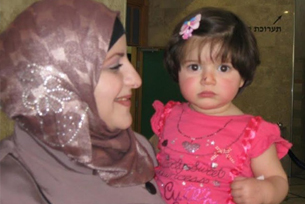
The goals of this project are to increase awareness of the non-Jewish population to Cystic fibrosis in general, guide patients and families in caring for people living with the disease and provide adjusted psycho-social and financial support. CFFI aims to increase home care by 20% and social worker visits by 15,; perform at least 3,000 individual physiotherapy sessions to 50 kids and provide each family with personal, written materials to guide at-home care. CFFI will add Arabic speaking social workers, physiotherapists and a pharmacist to the staffs of its six clinics around the country which will enable to serve many more people who previously were unaware of those services or were not able to access them due to language barriers between them and CFFI staff.
Posted on November 17, 2016
CAS in autism
Starting October 2016, the University of Geneva, namely its Faculty of Medicine and its Faculty of Psychology & Educational Sciences, as well as the Ecole de travail social (HES-SO), will be offering a Continuing education course in autism: diagnosis, intervention and research. The aim of this two-year course is to further students’ understanding of autism and to create new opportunities for clinical educational & pedagogical care.
This course in intended for health, social or teaching professionals working in the field of autism, and anyone (including parents) involved in caring for people with autism.
The Dora Foundation is supporting this programme in association with the Foundation Pôle Autism. This support will help provide grants to people who cannot afford the full amount of the course fees, and to buy the necessary learning material. Moreover, it will also allow internationally renowned specialists to contribute to the teaching of the course.
Posted on May 29, 2016
Unaccompanied minors
This support and solidarity project called “1 set de + à table /One more for dinner”, launched and led by the Swiss Foundation of the International Social Service, aims to promote the development and integration of young migrants in Switzerland by creating social relationships of mutual trust.

It will focus on the relational aspect, and can be seen as a further resource that dovetails with the institutional framework in place for these young people. It is part of, and complementary to, the continuous efforts being made by the authorities to care for these children. Moreover, it comes in answer to a request made by the young people themselves, i.e. to meet their needs in terms of social integration.
Why the “1 set de + à table /One more for dinner” project?
Firstly, the minor migrants arrive in Switzerland alone, without any parents or adults by their side. These children, known as unaccompanied migrant minors, are often isolated, and find themselves in unfamiliar surroundings. Secondly, many people living in Switzerland are looking to engage in voluntary work in support of young people. However, currently, there are only a few possibilities for young migrants to establish contact with volunteer sponsors.

To meet this need, the Swiss Foundation of the International Social Service (ISS) is launching the project “1 set de + à table /One more for dinner”. This initiative aims to accompany young migrants, offering them individual support through voluntary work.
What role is the ISS playing?
The ISS is spearheading the project, and its mission is to launch and to promote the “1 set de + à table /One more for dinner” project across Switzerland by mobilising civil society to bolster support for young migrants.
To this end, the ISS will be ensuring the following services:
- A framework that will allow it to ensure relations run smoothly
- Support for associations in charge of the project in the different Swiss cantons
- An information hotline
- Info meetings
- Evenings intended for volunteer sponsors allowing them to exchange their own experiences
A local partner will coordinate the project. This project is also being organised in partnership with children’s homes
For more information about the programme and about isolated minors, you can visit the site: www.solidarity-young-migrants.ch
The Swiss Foundation of the ISS is the Swiss branch of the International Social Service, operating in more than 140 countries. For more than 80 years, it has been active in the fields of migration and child welfare.
Posted on October 13, 2015
A new Krembo Wings centre in Jaffa
The Krembo Wings Jaffa centre, supported by Fondation Dora, will open its doors in early 2016.
The new Krembo Wings branch in Jaffa, in its first year, will provide life-changing extracurricular activities to approximately 80 Jewish and Arab children and youth: 25 members with special needs, 50 volunteer youth counsellors, many of whom are at risk, and 5 “leadership team” members.
Jaffa is a social and cultural suburb of Tel Aviv, home to a heterogeneous population of Jews, Christians, and Muslims. For this community, there are very few opportunities for joint extracurricular activities. Operating a branch in this mixed city will provide meaningful and life changing social activities to Jewish and Arab youth, bringing them together around positive, shared goals.
Krembo Wings is a youth movement in Israel for children and youth with special needs, providing weekly social activities for young people with all types of mental and physical disabilities together with their able-bodied peers. Established in 2002, Krembo Wings currently operates tens of branches across Israel, and welcomes more than 1,000 young people with special needs aged 7 to 21 from all cultural, religious and socio-economic backgrounds.
Posted on December 15, 2014
Paediatric palliative care
Fondation Dora is helping Médecins du Monde Suisse to provide access to paediatric palliative care and improve ways of managing grief among vulnerable populations in southern countries.
An interest in paediatric palliative care puts quality at the heart of the relationship between carer and patient. It pinpoints a fundamental link in the care of a population and it recognises that the pain of loss among mothers, fathers and siblings is universal.
“Today, the medical world and governments generally still regard palliative care as part of an approach reserved for privileged countries. We should not use this as an excuse, however, to avoid stepping up our efforts to make paediatric palliative care available to those who need it most.” Professor Nago Humbert, Chairman and founder of Médecins du Monde Switzerland and head of the Paediatric Palliative Care Unit, Sainte-Justine Hospital, Montreal.
Paediatric palliative care consists of overall care for both the child and the family during treatment, but also during the period of mourning both in care centres and at home. The needs and requests expressed by our colleagues in countries with limited resources encouraged Médecins du Monde to respond. Individuals and organisations in Palestine, Benin, Cameroon, Nicaragua, Burundi, Senegal, the Democratic Republic of Congo and Togo are committed to providing support for this particularly vulnerable population. Médecins du Monde Switzerland now wants to put these requests to the international networks that specialise in paediatric palliative care. Médecins du Monde wishes to create a dialogue and the means to develop solutions tailored to their specific context. In 2015, Médecins du Monde also intends to conduct more in-depth research to understand local perceptions of the death of a child in three contexts. Finally, in the Democratic Republic of Congo, a first round of training courses will be held for healthcare providers on the management of grief and provision of paediatric palliative care.
Posted on December 3, 2014
Cognitive remediation
Vis-à-Vis (“face-to-face”) is a computer program for teaching key social-emotional and cognitive skills to children and adolescents. After years of research and testing, it is now available in French, English, and Italian.
Vis-à-Vis focuses on emotion recognition, working memory and focusing on the eyes of the face, three cognitive areas that often present problems for children and adolescents with socio-emotional impairment, as in the case of autism, 22q11.2 deletion/DiGeorge syndrome. It is also effective with children having a general developmental delay and/or learning difficulties. The part of the program that targets working memory reinforces important prefrontal networks in the brain and increase students’ mental flexibility, capacity for academic material and attention and concentration.
The program is a non-profit project developed at the University of Geneva under the leadership of Dr. Bronwyn Glaser and financed by the Fondation Dora, a Swiss foundation.
You can access the program on the website www.visavis.unige.ch, as well as a video and information about the program. Clicking on the image below will take you directly there.
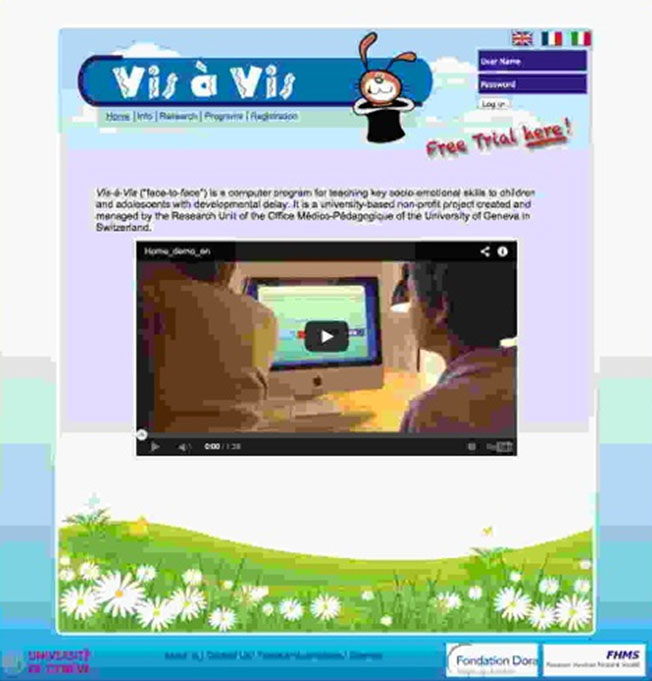
Posted on November 26, 2014
Fondation Dora to help the charity Compter sur Demain
Fondation Dora to help the charity Compter sur Demain finance construction of boarding facilities at Naxiendy school in Laos.
A melting pot of ethnic groups make up 40% of Laos’ population of 6.3 million. Many of these minorities live on the margins of society. Poor access to communication and infrastructure (health, education, etc.) condemn the poorest households to long-term social exclusion, starting with children’s lack of access to education.
The village of Naxiendy lies in the district of Houne in Oudomxay province. Some children have to walk for two or three hours to get to school here, while others live in villages that are simply too far away for them to attend. As a result, the rate of secondary school enrolment in the Houne district is one of the lowest in the country at just 18%.
In partnership with Oudomxay province’s education board, Compter sur Demain is running a project to extend the Naxiendy school boarding house with the addition of two more dormitories. Work began in November 2014 and will be completed in April 2015.
The project will create accommodation for another 100 boarders and help to secure their education.
Compter sur Demain has been working with Oudomxay province’s education board on a variety of educational development projects since 2008. The main goal is to provide children, particularly girls, living in isolated areas with access to education and to improve the quality of teaching.
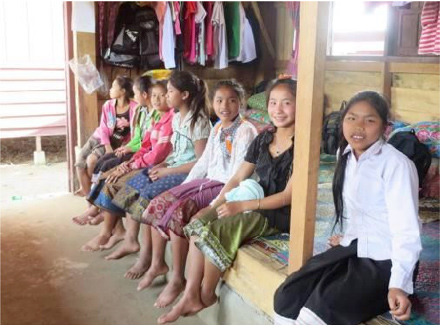
Posted on July 24, 2014
Fondation Dora will help the International Social Service (ISS)
Fondation Dora will help the International Social Service (ISS) to develop a programme in Vietnam entitled:
"An alternative future for children with disabilities in institutions"
Developed by the International Social Service (ISS) in partnership with the Vietnamese Ministry of Labour, Invalids and Social Affairs (MOLISA) and UNICEF Vietnam, the programme seeks to promote the development of an individual and personalised life plan for every child living in an institution, regardless of their state of health.
The following objectives have been defined:
• Provide training to professionals working in institutions to better identify the needs of all children living in institutions and, in particular, the specific needs of children with disabilities
• Develop and promote the systematic assessment of every child living in an institution
• Support the preparation of each child in the life plan designed for it
• Encourage the Vietnamese government to offer alternatives to the institutional care of children with disabilities by developing family-type care alternatives (original family, foster family, adoption)
• Ensure the project’s sustainability by identifying, training and monitoring local trainers
Active in 140 countries, the International Social Service (ISS) (www.iss-ssi.org) provides support for children and families faced with transnational social and legal issues.
Posted on May 12, 2014
Fondation Dora becomes a member of Swissfoundations
SwissFoundations, created in 2001 by eleven Swiss charitable foundations, is in charge of improving the image and development of donor foundations in Switzerland.
Its network is opened to all large or small donor foundations based in Switzerland or Liechtenstein working at a regional or international level.
In 2012, SwissFoundations members allocated funds of about 282 millions of Swiss francs; this represents more than 20% of the total estimated funding in entire Switzerland.
Posted on January 26, 2014
Integration of the disabled in sports clubs
Fondation Dora will help Special Olympics Switzerland develop its ‘Special Training’ programme in French-speaking Switzerland.
Special Olympics Switzerland is a foundation helping young people with mental disabilities to develop themselves through sport’s activities. These young people have the opportunity to improve their self-esteem and confidence and also their fitness. The sporting events allow them to share special moments with other athletes, their family and their social environment.
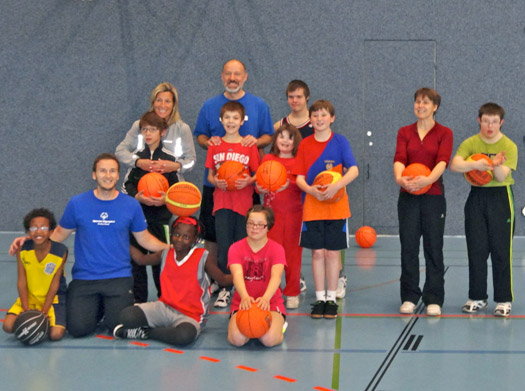
Posted on January 9, 2014
Nutrition education
Fondation Dora is funding the assessment of a nutrition education programme managed and led by L'Appel, an international NGO.
Since 2006, l’Appel has set up 12 CRENAM (Centres de Récupération Nutritionnelle Ambulatoires – outpatient nutrition centres) in Madagascar. Each year, this programme treats 2,400 children aged from six to 59 months and 300 pregnant and nursing mothers, in partnership with the Malgache Miray association.
To improve measurement of the impact of the programme and ensure its development, it was decided to make an assessment of its components and results. This assessment is being conducted by a dietician as part of a Master’s degree project supervised by a professor of public health at the University of Geneva.
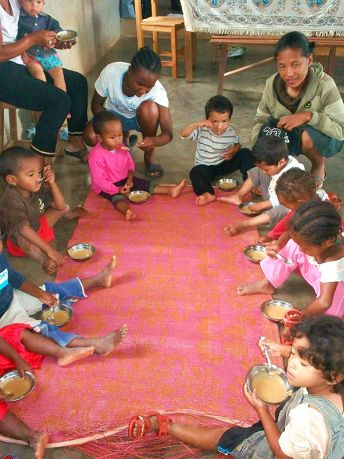
Posted on December 10, 2013
'Reconstruire la vie' (Rebuilding lives): a book by Diane Pelchat
Fondation Dora supported the various research work related to Diane Pelchat’s book, Reconstruire la vie. Défi et espoir pour les pères et les mères d'un enfant ayant un problème de santé (Rebuilding lives: hopes and challenges for mothers and fathers of children with health problems).
In this book, the result of long-term research and extensive clinical experience, Professor Pelchat sets out to better understand the differences and similarities between mothers and fathers in their experiences of life with a child who has special needs. The author looks at this subject from the perspective of parents and the healthcare professionals working alongside them.
The book is aimed at healthcare and education professionals, parents and university students who are interested in working with families of children with special needs.
Diane Pelchat is Professor Emeritus at the University of Montreal. She holds a Master’s in mental health and a doctorate in psychology from the University of Montreal.
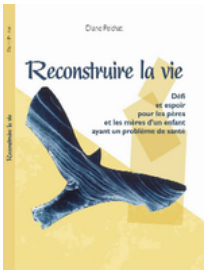
Posted on May 16, 2013
Adopted youngsters
Fondation Dora will be helping ‘Espace adoption’ set up consultations in western Switzerland for adopted young people aged 16 to 25 who are not financially independent.
Founded in 1999, Espace adoption is an independent Association that was created to meet the specific needs of people affected by adoption in western Switzerland. The association provides space for reflection and organises numerous activities to better support those affected.
These activities include psychological support as well as individual counselling for young adoptees. These people are not always financially independent, which is an obstacle to gaining access to counselling. With the help of Dora Foundation, ‘Espace adoption’ psychologists can now offer them low-cost consultations tailored to their financial means.

Posted on April 25, 2013
Autism: new therapeutic programmes
This is the title of a recent article in the ‘Swiss Archives of Neurology and Psychiatry’ journal (reference: http://www.sanp.ch/docs/sanp/2013/01/fr/sanp-00101.pdf).
The authors of this article, Ms Hilary Wood, Ms Bronwyn Glaser and Professor Stephan Eliez, provide an update on their work in an early intervention programme in autism, as well as the development of “Vis-à-vis”, an effective socio-emotional enrichment software tool that is geared towards children with socio-emotional difficulties. This work, carried out within the Faculty of Medicine’s Department of Psychiatry of the University of Geneva, is financially supported by Dora Foundation.
Posted on March 15, 2012
Minorities in Vietnam
In March 2012, Fondation Dora Secretary, Mr G. Cognié, went to Vietnam’s Lam Dong Province with the objective of visiting all the computer science and English learning centres in the educational programme that Fondation Dora is implementing with l'Appel, an international charitable association.
During this mission, Mr G. Cognié met all the teachers and discussed the actions needed to support the programme and continuously improve the teaching quality. Among other things, he met with University of Dalat staff members who provide educational support for the programme.
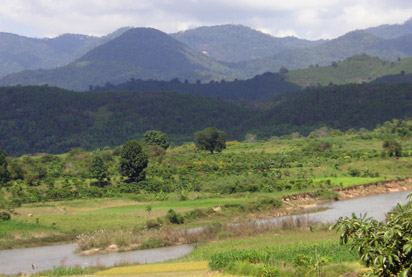
Posted on February 4, 2012
Autism at the Geneva University Medical Centre (CMU)
A seminar organised by the Medico-Pedagogical Office (OMP) and the Geneva Autism Association, Autisme Genève, was held on February 4, 2012 at the Geneva University Medical Centre. The very large group of attendees was comprised mainly of parents, doctors, psychologists, speech therapists and other health and education professionals.
During this meeting, Professor Stephan Eliez, Medical Director-General of the Medico-Pedagogical Office presented the centre’s activities related to autism:
- The autism training programme for professionals working at the Medico-Pedagogical
centres within the OMP - The Autism Consultation Office (CCSA)
- The Early Intervention Programme for children aged between 14 months and 4 years
- The development of a software tool called “Vis à Vis” (‘face to face’) aimed at
improving the socio-emotional skills of children aged 7 to 15 years
